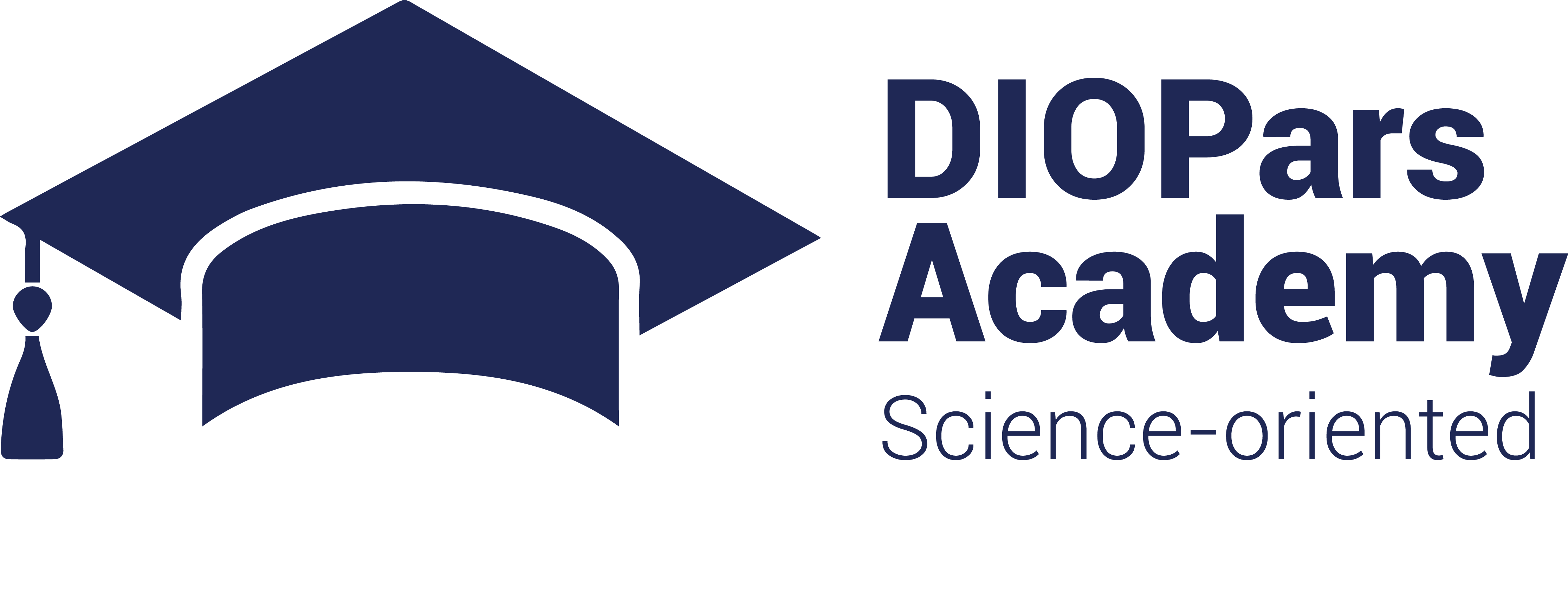- Ascension of Change: Sector-Wide Breakthroughs Fuel Today’s affairs and Reshape Tomorrow’s Landscape.
- The Rise of Technological Innovation
- The Impact of AI on Workforce Dynamics
- Biotechnology and the Future of Healthcare
- Geopolitical Shifts and International Relations
- The Role of Emerging Markets
- Cybersecurity Threats and International Cooperation
- Socioeconomic Trends and Inequality
Ascension of Change: Sector-Wide Breakthroughs Fuel Today’s affairs and Reshape Tomorrow’s Landscape.
The contemporary landscape is undergoing a period of rapid and profound transformation, and understanding the unfolding dynamics is crucial for navigating the complexities of the modern world. Recent events, encompassing geopolitical shifts, technological advancements, and socioeconomic trends, are collectively reshaping the global order. The dissemination of information, in this age of instant connectivity, plays a pivotal role in shaping public perception and driving discourse. Understanding these affairs and their ripple effects is paramount. The speed at which current affairs develop necessitates a constant state of analysis and adaptation, making the pursuit of knowledge more essential than ever. This quickly evolving situation requires thoughtful examination and strategic foresight, as we attempt to understand the prevailing news and its implications.
These developments are not isolated incidents, but rather interconnected pieces of a larger puzzle. From breakthroughs in artificial intelligence to shifts in international trade agreements, each event contributes to a broader narrative of change. The ability to discern patterns, identify underlying causes, and anticipate future consequences is vital for individuals, organizations, and governments alike. A proactive and informed approach, grounded in a comprehensive understanding of the factors at play, is essential for fostering resilience and capitalizing on emerging opportunities.
The Rise of Technological Innovation
Technological innovation is a primary driver of change, impacting nearly every facet of human existence. Advancements in areas such as artificial intelligence, biotechnology, and renewable energy are disrupting traditional industries and creating new possibilities. The proliferation of digital technologies is connecting people and information in unprecedented ways, fostering collaboration and accelerating the pace of discovery. However, these advancements also pose challenges, including concerns about job displacement, data privacy, and the potential for misuse.
The increasing reliance on technology prompts important questions about the ethical implications of these breakthroughs. Concerns over algorithmic bias, the security of data, and the potential for automation to exacerbate existing inequalities demand thoughtful consideration and proactive mitigation strategies. Furthermore, the digital divide – the gap between those who have access to technology and those who do not – remains a significant barrier to equitable progress. Addressing these challenges will require collaboration between policymakers, researchers, and the private sector to ensure that technological advancements benefit all of humanity.
| Artificial Intelligence | Automation, Increased Efficiency, New Products | Job Displacement, Algorithmic Bias |
| Biotechnology | Medical Breakthroughs, Enhanced Agriculture | Ethical Concerns, Safety Regulations |
| Renewable Energy | Reduced Carbon Footprint, Sustainable Resources | Infrastructure Costs, Intermittency |
The Impact of AI on Workforce Dynamics
The increasing sophistication of artificial intelligence presents a significant transformation to the modern workforce. Automation, powered by AI, is capable of performing tasks previously exclusive to human labor, leading to increased efficiency and productivity across numerous sectors. However, this progress isn’t without its difficulties. Many jobs are being reshaped and some replaced all together, necessitating significant workforce adaptation and restructuring. Investing in retraining and skill development programs will be critical in ensuring workers are equipped to participate in the evolving job market. The future economy potentially demands an emphasis on uniquely human skills, such as creativity, critical thinking, and complex problem-solving.
Beyond direct job displacement, AI is likely to alter the fundamental nature of work itself. As machines take over repetitive and routine tasks, humans will become more focused on higher-level functions that require judgment, empathy, and innovation. This shift will require a reevaluation of educational systems and career paths, prioritizing skills that complement, rather than compete with, AI technologies. Furthermore, the ethical implications of AI-driven automation – including potential biases embedded in algorithms – require rigorous scrutiny and mitigation strategies, fostering responsible innovation within the workforce.
The effective integration of AI into the workforce demands a proactive and collaborative approach that involves stakeholders from all sectors. Governments, businesses, and educational institutions must work together to develop policies and programs that support workers through this period of transition. Adapting to this change is not merely about minimizing job losses, but about harnessing the power of AI to create a more inclusive and prosperous future for all.
Biotechnology and the Future of Healthcare
The realm of biotechnology is experiencing unprecedented breakthroughs that are profoundly reshaping the landscape of healthcare. From gene editing technologies like CRISPR to advancements in personalized medicine, the potential to treat and even cure previously incurable diseases is within reach. The development of innovative vaccines, diagnostic tools, and targeted therapies holds immense promise for improving patient outcomes and enhancing the quality of life. However, the rapid pace of progress also raises significant ethical, regulatory, and societal considerations.
The application of biotechnology isn’t without its constraints. Ensuring equitable access to these advanced technologies is critical to avoid exacerbating existing health disparities. Furthermore, the potential for unintended consequences of gene editing, such as off-target effects and the perpetuation of genetic vulnerabilities, necessitates rigorous research and careful monitoring. The responsible development and deployment of biotechnology relies on ongoing dialogue between scientists, regulators, ethicists, and the public, promoting informed decision-making and transparency. Such collaboration is crucial for mitigating potential dangers.
The healthcare industry, powered by biotechnology, is transitioning toward a more proactive and personalized model of care. Through advances in genomics, proteomics, and other omics technologies, healthcare providers can tailor treatments to the specific genetic makeup and lifestyle factors of each patient. This individualized approach promises higher efficacy, reduced side effects, and improved patient engagement. Embracing these components will yield tremendous benefits for everyone on a global scale.
Geopolitical Shifts and International Relations
The international arena is characterized by increasing geopolitical complexity, with emerging power dynamics and shifting alliances. The rise of new economic actors, coupled with the resurgence of great power competition, is reshaping the global order. Ongoing conflicts, trade disputes, and cyberattacks pose significant challenges to international stability and cooperation. These circumstances highlight the need for robust diplomacy, multilateralism, and a commitment to international law.
- Strengthening diplomatic channels
- Promoting international trade
- Addressing the climate crisis
The Role of Emerging Markets
Emerging markets are playing an increasingly prominent role in the global economy, driving growth and innovation. Countries like China, India, and Brazil are experiencing rapid economic development and wielding growing influence on the international stage. This shift in economic power is challenging the traditional dominance of Western nations and creating new opportunities for investment, trade, and partnership. However, it also presents challenges related to governance, environmental sustainability, and social inclusion.
The economic advancement of emerging markets isn’t simply a story of financial growth; it signifies a reshaping of the global supply chains, the flow of capital, and the balance of power. These nations are actively pursuing regional integration initiatives, building infrastructure projects, and engaging in strategic partnerships to enhance their competitiveness and leverage trade opportunities. Adapting to this evolving economic landscape demands a flexible and collaborative approach from developed nations, looking beyond historical structures.
The ability of emerging markets to navigate their economic transformations will have profound implications for global stability and prosperity. Investing in sustainable development goals, strengthening governance structures, and promoting human rights will be crucial for ensuring inclusive and equitable growth. The responsible development of emerging markets isn’t only beneficial for those nations, but a critical component of creating a stable and balanced global landscape.
Cybersecurity Threats and International Cooperation
The increasing reliance on digital infrastructure has created new vulnerabilities to cybersecurity threats, posing significant risks to individuals, organizations, and governments. Malicious actors, including state-sponsored groups and cybercriminals, are constantly developing sophisticated tools and tactics to exploit vulnerabilities and steal sensitive information. These attacks can disrupt critical infrastructure, compromise financial systems, and undermine national security. Confronting this danger mandates a multi-faceted approach that incorporates technological defenses, robust regulations, and international cooperation.
International collaboration is essential for tackling the global challenge of cybersecurity because attacks frequently transcend national borders. Sharing threat intelligence, coordinating incident response efforts, and establishing common standards for cybersecurity practices are vital components of a coordinated defense. Equally important is the development of international norms and treaties that govern responsible behavior in cyberspace, deterring malicious activities and promoting a secure and stable digital environment. Properly protecting sensitive data requires collaboration between governments worldwide.
Beyond technical solutions and regulatory frameworks, raising awareness about cybersecurity risks among the public and in the private sector is crucial. Educating individuals and organizations about best practices for protecting their data, recognizing phishing scams, and reporting security breaches can significantly reduce their vulnerability to attacks. Investing in cybersecurity education and training is essential for building a skilled workforce capable of defending against evolving threats, and is indispensable to protecting freedom in a digital world.
Socioeconomic Trends and Inequality
Socioeconomic trends are shaping the fabric of societies around the world, with increasing disparities in wealth, income, and opportunity. Globalization, technological advancements, and changing demographics are contributing to these inequalities, creating social tensions and political instability. Addressing these challenges is vital for fostering inclusive growth, promoting social cohesion, and ensuring a just and equitable future.
- Invest in education and skills development.
- Strengthen social safety nets
- Promote fair wages and working conditions.
The persistent rise in income inequality is a troubling trend, with the gap between the richest and poorest members of society widening in many countries. This disparity leads to widespread consequences, including reduced social mobility, heightened social unrest, and the erosion of trust in institutions. It prompts a thorough evaluation of economic policies and a renewed commitment to the principles of social justice. The goal should be to ensure that the benefits of economic growth are shared more equitably.


